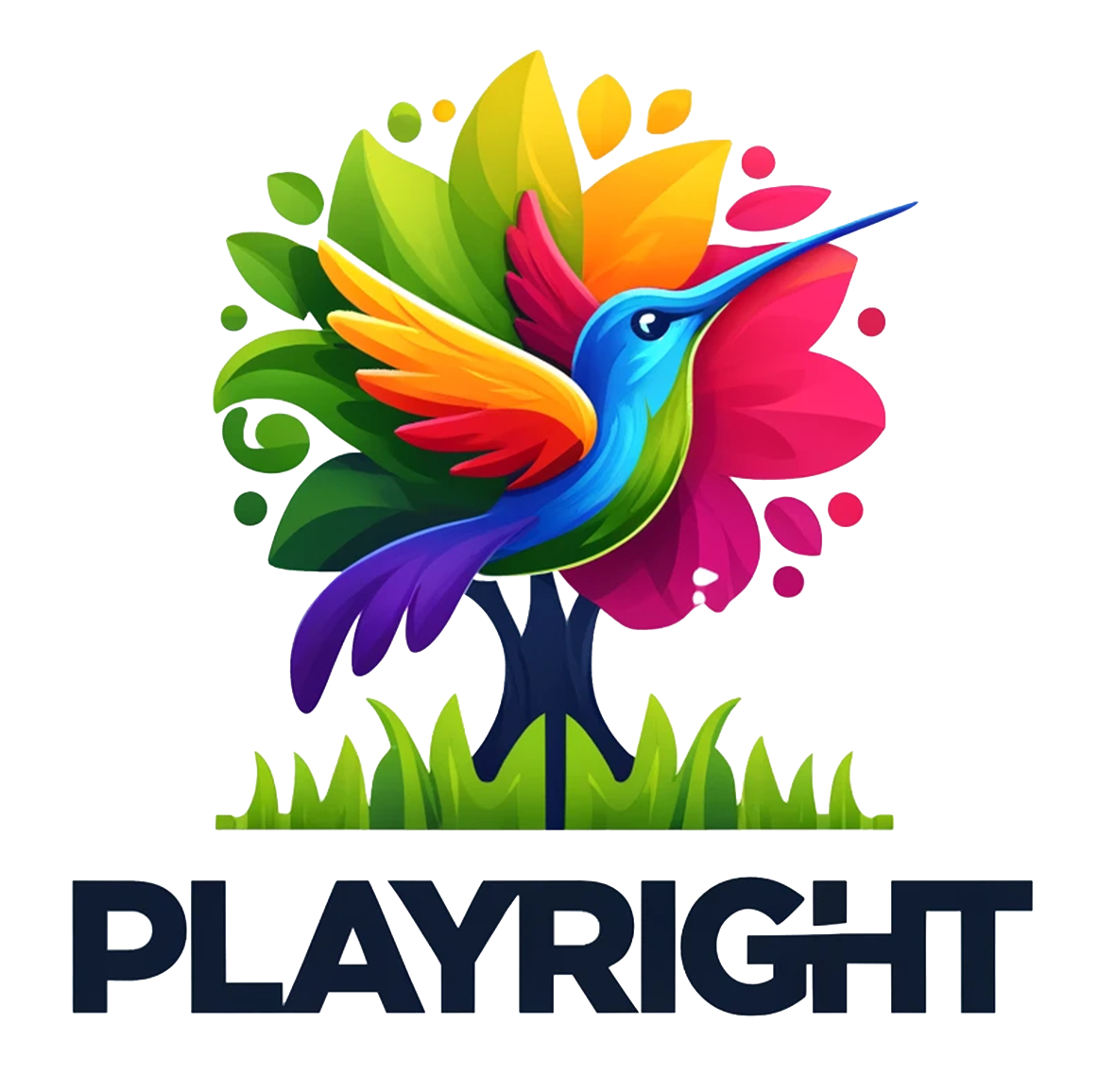Crafting Children's Cognitive Skills
Cognitive Activities for Kids
Crafting is an outlet for creativity and a valuable tool for enhancing cognitive development in children. Skills, which include memory, attention, and problem-solving, are crucial for learning and can be nurtured through engaging and thoughtful activities. Here, I've listed some crafting activities that are enjoyable and effective for cognitive growth.
Memory Match Game
Creating a personalized memory match game is a fantastic way to boost memory and concentration. Have your child draw pairs of matching images or shapes on cardstock or thick paper. Alternatively, you can use stickers for a quicker setup. Once the pairs are ready, turn them face down, mix them up, and spread them out. Playing the game involves flipping two cards at a time to find a match, which enhances visual memory and attention to detail.
Story Stones
Story stones are painted or decoupaged stones used to create or retell stories. This activity encourages children to paint simple images on stones, such as animals, objects, or characters. Once dry, these stones can construct stories, boosting imagination, sequence understanding, and language skills. Creating the stones develops fine motor skills while using them in storytelling enhances cognitive processes like memory, attention, and narrative skills.
Puzzle Making
Turning artwork into puzzles is creative and adds problem-solving to the fun. Children can draw or paint on cardboard and cut their artwork into pieces, creating a unique puzzle. Solving the puzzle or puzzles others make promotes spatial awareness, critical thinking, and patience. Cutting and fitting puzzle pieces together also improves fine motor skills, offering a dual benefit.
Treasure Hunt Maps
Designing and using a treasure hunt is an engaging way to develop cognitive skills. Encourage your child to draw a map of your home or yard and create clues to find a hidden "treasure." This activity encourages understanding spatial relationships, problem-solving to decipher clues, and memory use to recall the map and clues. Following or creating the map enhances the child's ability to process and organize information, boosting cognitive flexibility and planning skills.
Sorting and Categorizing Crafts
Sorting and categorizing are fundamental cognitive skills that can be developed through crafting. A simple activity involves collecting small items (buttons, beads, pebbles) and having children sort them by color, size, or type into different containers. This activity can be expanded by creating art projects based on the sorted items, such as color-coordinated collages or patterns. Sorting and categorizing enhance organizational skills, attention to detail, and the ability to classify based on specific criteria.
Interactive Storybooks
Creating interactive storybooks is a dynamic way to build cognitive skills. This activity involves children writing and illustrating a short story with drawings or collages. Adding interactive elements, such as flaps to lift or textures to feel, enhances sensory experiences and narrative skills. Crafting a storybook from scratch promotes creativity, sequential thinking, narrative understanding, and the ability to convey thoughts in a structured manner.
Fun Fun, Fun
These crafting activities are designed to stimulate children's cognitive development in a fun and engaging way. Incorporating these projects into your child's routine provides them with a creative outlet and supports their mental growth, setting a solid foundation for learning. Remember, the goal is to make it fun and engaging through creativity, so adapting activities to suit your child's interests and developmental stage is essential. Celebrate their efforts and creativity to build their cognitive skills, confidence, and love for learning.
Kimberley Arnett-DeSimone, a career pediatric occupational therapist in Huntersville, North Carolina, authored this post.









